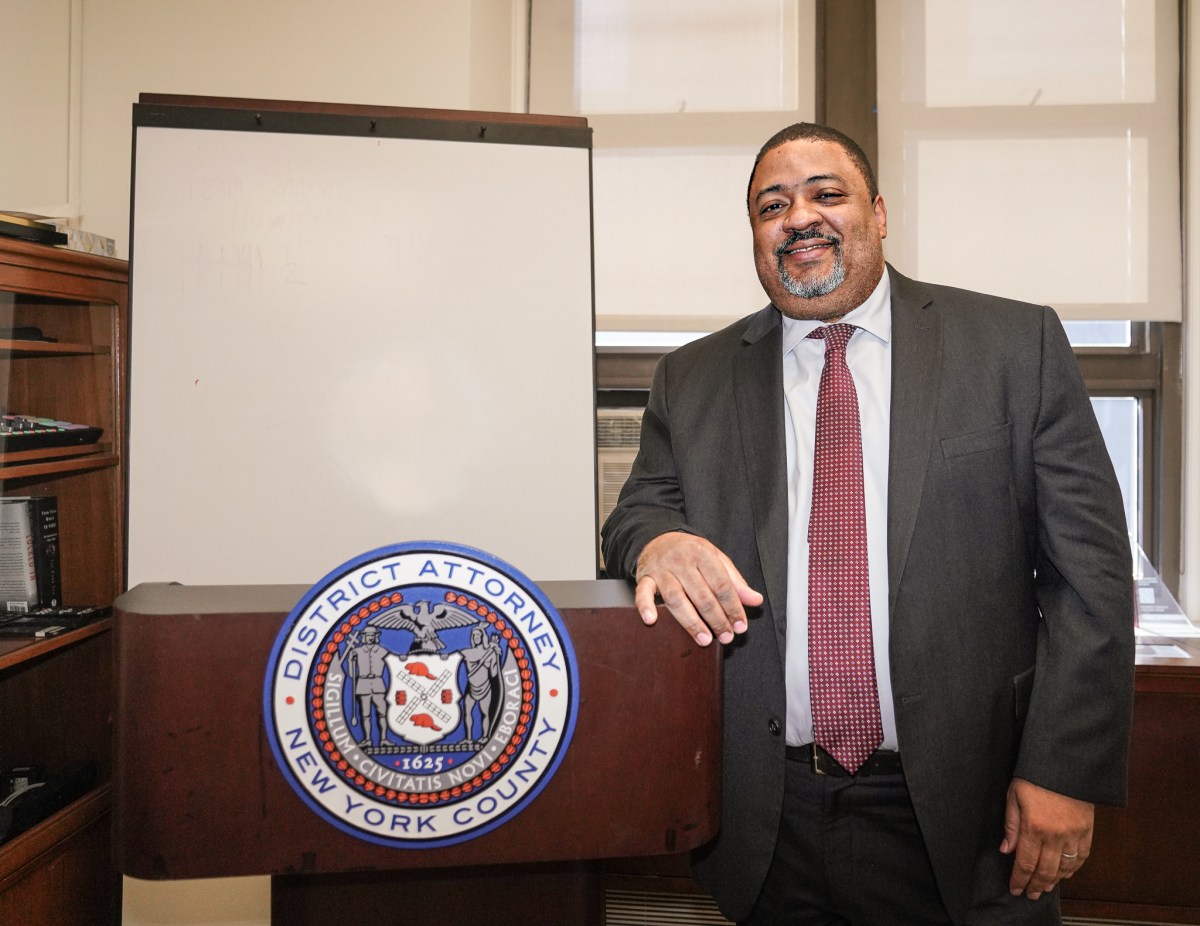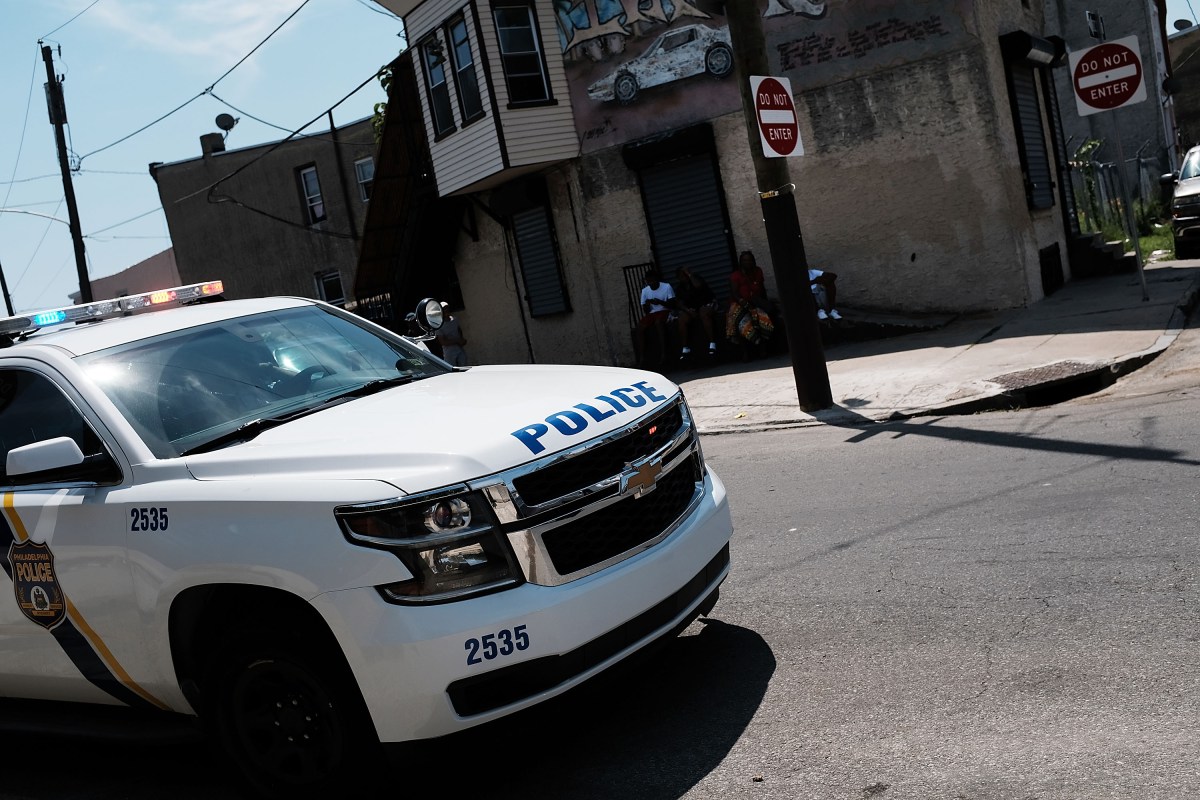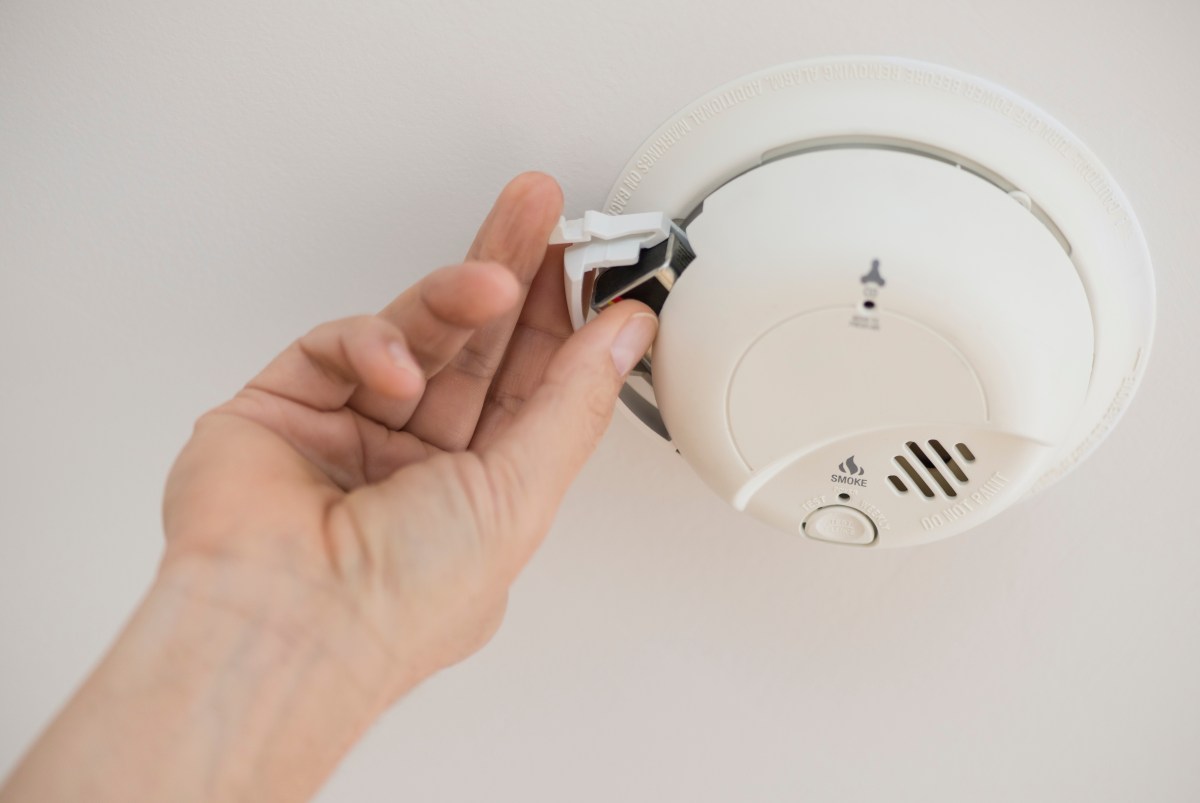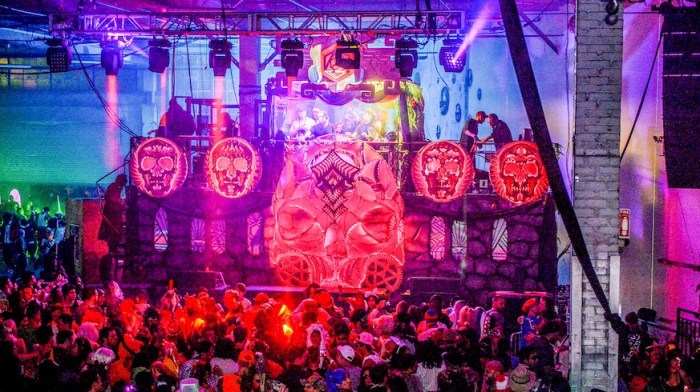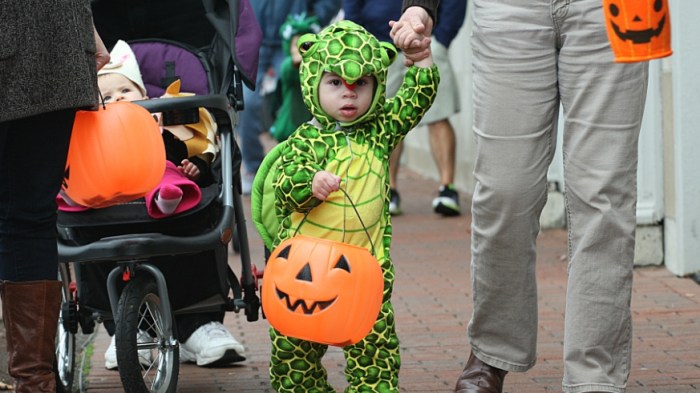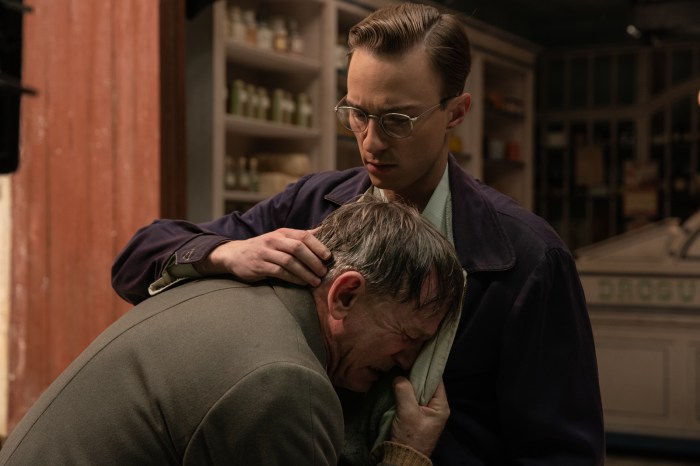Full disclose: this writer doesn’t believe in ghosts. But he does believe, as all scientists do, that there is plenty we can’t currently explain about the universe. So does Christopher Chacon, an “anomalist” and a “scientific investigator of paranormal phenomena.” Chacon does some advising on the “Paranormal Activity” series — whose latest, “Paranormal Activity: The Ghost Dimension,” hits theaters Friday — though he tends to come in after picture’s wrapped. A former magician and illusionist, Chacon went from a full-on skeptic to someone who occupies a space between skepticism and belief. Nowadays he investigates extreme cases of phenomena that he claims cannot be explained, at least not now, by rigorous scientific explanation, and could possibly point to ghosts or something else beyond humanity’s limited perception. We spoke to Chacon about the science behind his approach, what people, even those who believe in the supernatural, get wrong and, of course, what the movies, he says, get right. This is a silly question, but have you noticed an uptick in interest in the paranormal or even more cases since these films started coming out?
Discussion, yes. But the actual cases, no. That’s a constant. A lot of them are out of the country and the majority of them don’t gravitate to films like this. The cases I get are the most extreme cases. People are traumatized, there’s injury involved, the situation is extremely precarious. If they experience that, they gravitate away from films like these. RELATED: For Para-Boston, ghost hunting is a science What does your job usually entail?
What happens is someone has some kind of paranormal experience, or what they think is a paranormal experience. It can range from someone being possessed to a poltergeist in the house they see a UFO or claim to have had a close encounter abduction, or they see some kind of creature and are attacked by it. Maybe it’s some huge psychokinetic event and someone makes objects move about a room. It’s either so severe or it’s ongoing that these people seek assistance. But they don’t want press. Their experiences are traumatizing. I imagine there are a lot of cases where either it’s a hoax or there winds up being an obscure but perfectly reasonable explanation behind what’s going on.
Right off the bat they go through a criteria. Whoever’s referring them to make have to do a psychological check. They have to do physiological tests, background checks, circumstantial tests to see if it’s a hoax. All those things are done before [they get to me], because my time is precious. [Laughs] They have to have all those things figured out before I get there. They rule out hoaxes, they rule out people who are on drugs. There was one case with some elderly people thought poltergeist activity was hitting their home. It turned out they were testing a new stealth bomber, and every time it would take off it would have this very strange trajectory, and it wound send a huge impact tremor that shook the whole house. Nobody had explanations while it happened. There were no earthquakes, there was no airport nearby. It was a top secret aircraft, so there was another explanation. Seventy to 80 percent of phenomena that happens does have a rational explanation. But of course there is the 20 to 30 percent that cannot be dismissed, cannot be explained by scientific means. It’s interesting to hear you talk about such things scientifically because scientists and skeptics tend to be very hostile towards the idea of the supernatural.
People like to throw around the terms paranormal and supernatural, but really you’re really talking about phenomena that lies outside of our current understanding. Think of how 1000 years ago the Northern Lights would be considered paranormal. They thought it was spirits exiting the earth. Obviously we know what it is now. It has to do with magnetic fields playing off each other. Perhaps with these phenomena there could be a grounded explanation. You bill yourself as an anomalist, which means you focus on that which hasn’t yet been explained by science. How do you think an anomalist stacks against, say, a self-identified skeptic?
An anomalist is a very scientific way of assessing things. If you’re a skeptic you’re not approaching things without bias. As an anomalist you’re supposed to enter a situation not as a believer, not as a skeptic. You’re there to simply observe the result of the phenomena. I really approach everything as though everything was on the table. You can’t rule anything out. Phenomena can be misperceived. People think they’re seeing a poltergeist or a ghost, but it can be based on their belief system. But Skepticism as well as belief are extremes regarding how people approach these things. RELATED: “Crimson Peak” is another Guillermo del Toro sick on mood but short on story OK, let’s finally get to the movies. A lot of films about the supernatural tend to embellish these events. How much do the “Paranormal Activity” films get right?
If you took all the movies and you separated each individual event, I could probably say there’s been a case I’ve encountered or has been passed down to me that does fit the bill. I’ve received hundreds of thousands of photographs and videos from people who’ve encountered a whole array of phenomena. The footage does bear a resemblance to these “Paranormal Activity” films. What they’ve done in the movies is put them all together to make this really mutated, extreme best-of thing. They’re what people are experiencing in extreme cases. Are there ones that specifically are like what’s in the movies?
There’s a lot of them. If you go back to the first film, there was a Ouija board as a relevant element. A lot of people tell stories about Ouija boards. Of course they don’t know the history of the Ouija board. [Laughs] If they knew it they wouldn’t take them so seriously. But Ouija boards can act like a conduit. If someone doesn’t realize they have an ability or they could tap into things they didn’t realize they could, the Ouija board is giving them the OK to do that. And then the phenomena starts happening. In the first film someone was dragged down a hallway. I can think of thousands of cases of that. In one case I’m dealing with now with a family of four, the husband was twice dragged down a hallway. There are thousands of cases that have those elements mixed in there. The most extreme cases you rarely hear about because those people are so traumatized by them. But they do happen.
An investigator of phenomena explains what ‘Paranormal Activity’ gets right
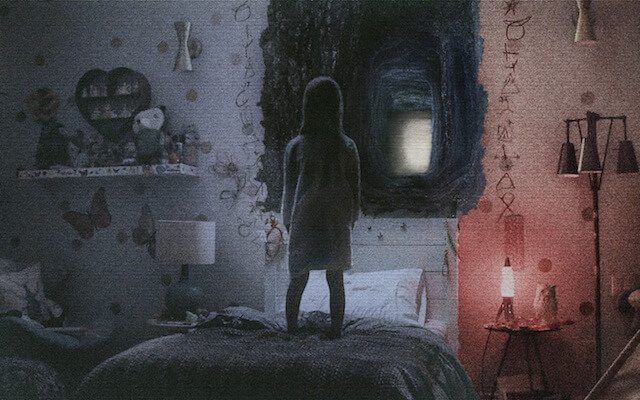
Paramount Pictures
Follow Matt Prigge on Twitter @mattprigge













